Average Canadian home prices have surged $100,000 since August — the sharpest surge on record.
A new report by the Royal Bank of Canada notes that average home prices in Vancouver jumped a record $143,000 in six months, while Toronto homes have risen $139,000.
“Yet it was markets in the periphery that led the way. Single-family home prices soared $145,000 in the Fraser Valley since August. Hamilton-Burlington (up $137,000), Kitchener-Waterloo (up $114,000) and London-St. Thomas (up $104,000) weren’t far behind” RBC economist Robert Hogue wrote in a note Monday.
“Single-detached homes also got a lot more expensive in other B.C. markets, virtually all of southern Ontario, and parts of Quebec and the Atlantic Provinces.”
Latest data from the Canadian Real Estate Association for February shows national home sales jumped 6.6 per cent, compared to January. CREA’s home price index rose 3.3 per cent month-on-month in February — a record-setting rise.
CREA’s non-seasonally adjusted home price was up 17.3 per cent on a year-on-year basis in February — its biggest gain since April 2017 and close to the highest on record.
The rapid surge in home prices have brought in even more speculators and also triggering the so-called Fear Of Missing Out (FOMO) instinct among buyers who were eager to enter the fray before prices run away further from them.
“A recent uptick in longer-term interest rates might also be dialing up the eagerness to act with some seeing the increase as a turning point for interest rates,” Hogue said. “In short, self-reinforcing price dynamics have taken hold in many parts of Canada, and are poised to keep things boiling in the near term.”
But there is little chance of speculators getting their comeuppance any time soon, with markets crashing and those sitting on the sidelines swooping in to pick up bargains.
Hogue expects a soft landing for home prices, as long-term interest rates eventually rise, and prices modestly decline by late 2022.
The supply side is also fuelling the market, with inventory levels at 1.8 months of sales, the lowest ever for February. Canadian home starts also stood at 246,000 in February, compared to 284,000 in January. While home starts remain at historically high levels, they are clearly not enough to calm markets.
Ksenia Bushmeneva, an economist at TD Bank Group, says that historically tight supply of houses on the market will continue to push prices higher in the near-term.
“However, home price growth is expected to moderate in the second half of this year, as prospective sellers become more comfortable listing amid accelerating vaccination pace and buyers shift their attention to more affordable options,” the economist noted in a report published Monday.
Daren King, economist at National Bank of Canada, expects some government regulations coming in to cool the sizzling market.
“With such a strong and widespread level of activity in the real estate market, we do not rule out the possibility that the government will consider macro-prudential measures in the coming months to cool the market,” King said.
Source: Financial Post



 The case began last year when a strata owner who is a parent asked permission from their strata corporation to have a support dog for their disabled 14-year old daughter.
The case began last year when a strata owner who is a parent asked permission from their strata corporation to have a support dog for their disabled 14-year old daughter. 